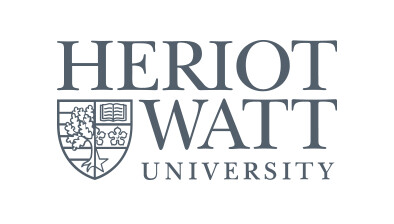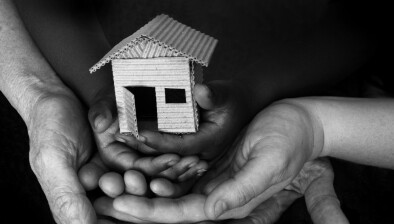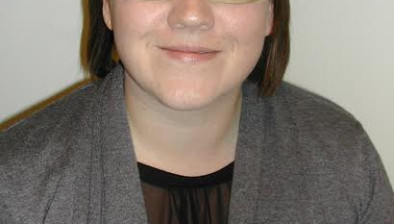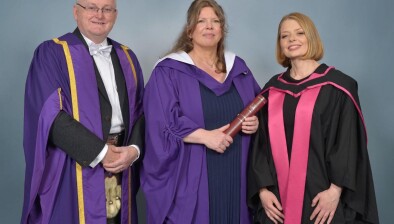One in 28 Scots suffer from extreme disadvantage each year
Extreme disadvantage such as homelessness and substance dependency is experienced by one in 28 adults in Scotland each year, according to new research.
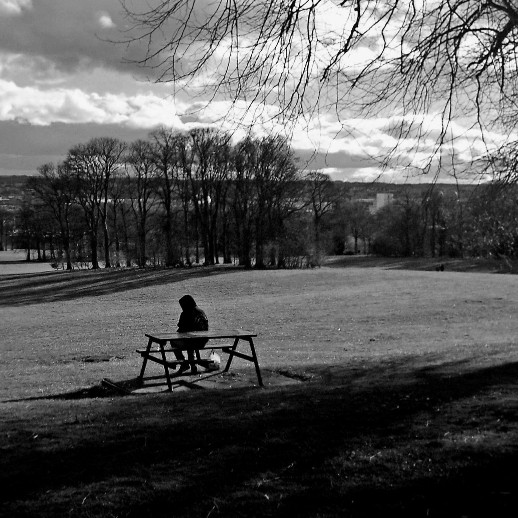
Commissioned by Lankelly Chase and The Robertson Trust and authored by Heriot-Watt University, the study found that almost 200,000 adults in Scotland experience at least one form of extreme disadvantage annually.
When additional disadvantages such as mental ill-health and domestic violence are considered, the numbers affected more than double to nearly 450,000 people each year.
The Hard Edges Scotland study examines the challenges facing charitable services and the public sector, and highlights the “mismatch” between the multiple disadvantages people face, and the fact that services are often set up to address “single issues”.
It notes that people are often not able to access services until they have reached crisis point and highlights the necessity for services to become more consistent and tailored to each person.
Researchers found numerous examples of people using the criminal justice service as a “safety net” and committing offences and/or requesting custodial services to gain access to support and “safe places” within the criminal justice system after being routinely failed by other services.
Alice Evans, deputy chief executive of Lankelly Chase, said: “These findings tell the story of life as it is now for people facing extreme disadvantage across Scotland.
“With one in every 28 people in the country experiencing at least one form of severe disadvantage, Hard Edges Scotland asks us all to question the role we’re playing in allowing this to continue.
“The response required is bigger than any one individual or organisation. The solutions don’t lie in the research, but in communities across Scotland.”
To coincide with the research launch, Lankelly Chase is making £80,000 available to communities and organisations across Scotland to encourage new conversations about severe and multiple disadvantage.
The report found that each year in Scotland 5,700 adults experience three “core” forms of severe and multiple disadvantage (homelessness, offending and substance dependency).
Researchers found that 28,800 people experience two out of these three while 156,700 experience one of the three.
Higher rates of extreme disadvantage are found in urban areas compared with rural areas.
The research was led by Professor Suzanne Fitzpatrick, director of the Institute for Social Policy, Housing, Equalities Research at Heriot-Watt University.
She said: “Many of the people directly affected are living miserable and stressful lives, constantly in ‘survival mode’, because violence, trauma and threats play such a pervasive role in their everyday experiences.
“Having no physical or psychological ‘safe space’ takes a terrible toll on people’s well-being and quality of life and addressing this distressing reality must be core to policy and service responses.”
Christine Walker, head of social impact at The Robertson Trust, said: “These findings resonate with much of what The Robertson Trust has seen emerge around the routes into severe and multiple disadvantage from our work in criminal justice and, more recently, our early intervention projects with young people and women.”
A Scottish Government spokesman said: “Reducing inequalities and deprivation remains one of the biggest challenges we face.
“Such issues are a symptom of wider social inequalities.
“That’s why we’re taking action to address the underlying causes such as tackling poverty, delivering fair wages, supporting families, and improving the provision of alcohol and drug treatment services.”






